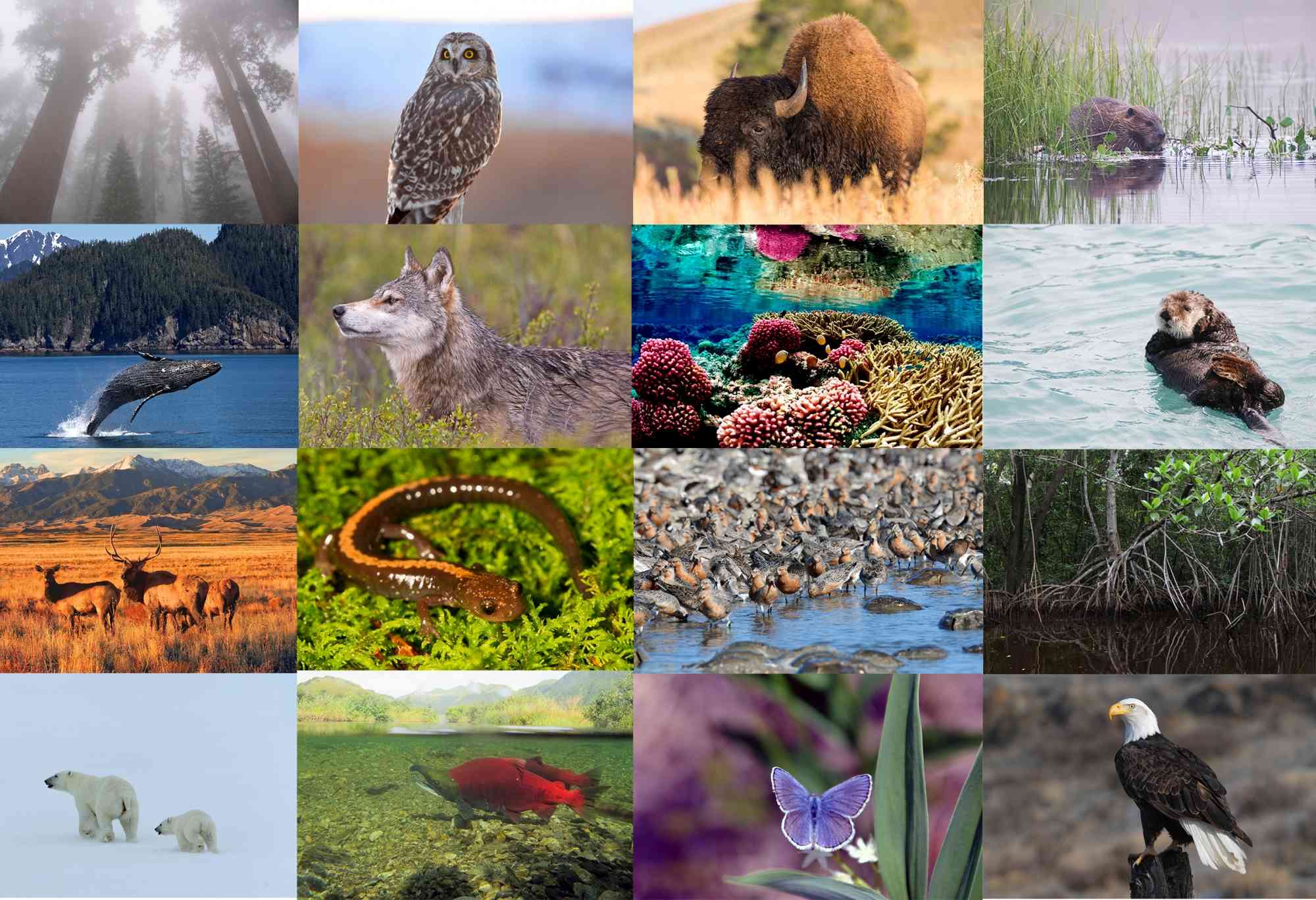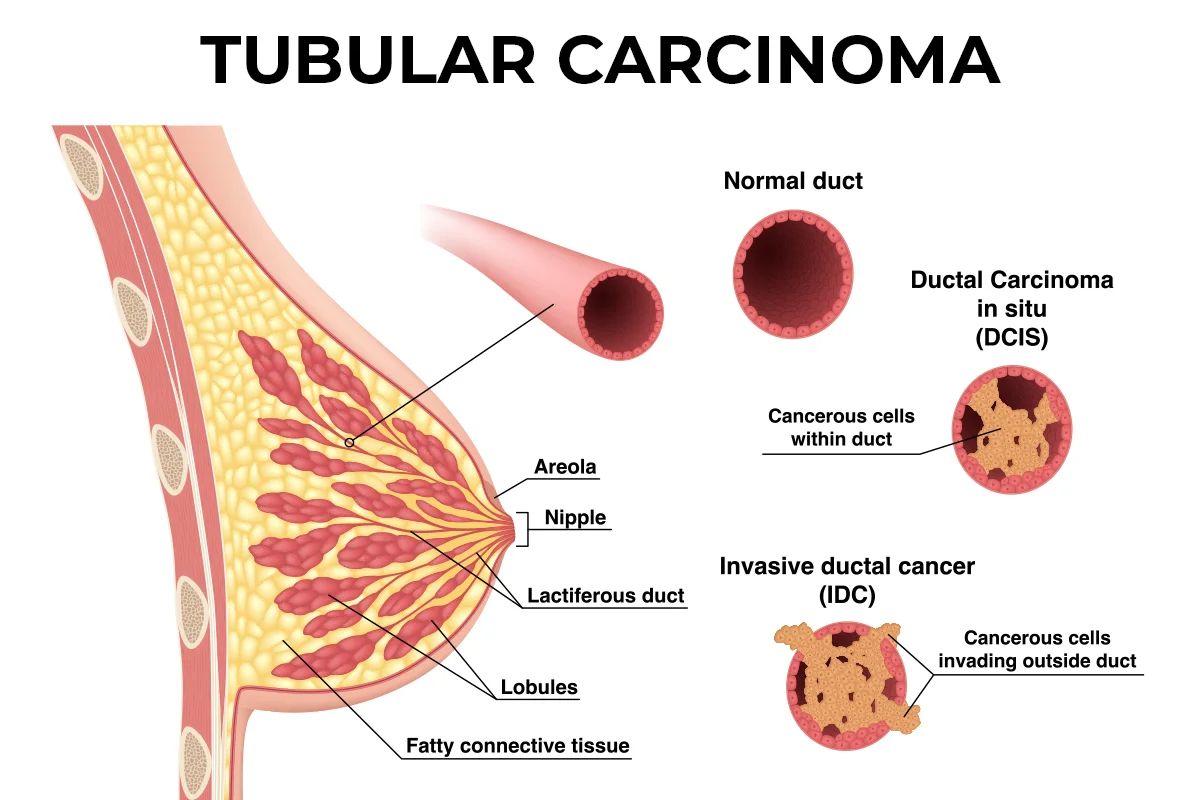
Biological diversity, also known as biodiversity, is a remarkable aspect of our planet that encompasses the incredible variety of life forms on Earth. From the tiniest microorganisms to towering trees, from vibrant coral reefs to vast savannahs, our planet is teeming with an astonishing array of species, each playing a crucial role in maintaining the balance of our delicate ecosystems.
In this article, we will delve into 19 unbelievable facts about biological diversity that will open your eyes to the wonders of the natural world. From mind-boggling numbers of species to extraordinary survival adaptations, these facts will showcase the sheer complexity and beauty of life on Earth. So, get ready to embark on a journey of discovery, as we explore the fascinating and awe-inspiring aspects of biological diversity.
Key Takeaways:
- The Amazon Rainforest and Great Barrier Reef are biodiversity hotspots, home to millions of species. Protecting these areas is crucial for preserving the rich tapestry of life on Earth.
- Human activities are the leading cause of biodiversity loss. By practicing sustainable habits and supporting conservation efforts, we can ensure a future where both humans and nature can thrive in harmony.
The Amazon Rainforest is home to the highest concentration of biological diversity on the planet.
The Amazon Rainforest spans nine countries and houses over 40,000 plant species, 1,300 bird species, 3,000 types of fish, and millions of insects. It is truly a biodiversity hotspot.
The Great Barrier Reef is the largest living structure on Earth.
Stretching over 2,300 kilometers, the Great Barrier Reef is made up of billions of tiny organisms called coral polyps. It is home to an extraordinary array of marine life, including over 1,500 fish species.
Antarctica is not just a frozen wasteland – it harbors a surprising variety of life.
Despite its harsh conditions, Antarctica is home to a diverse range of organisms, such as penguins, seals, and krill. Its unique ecosystems have adapted to survive in extreme cold and darkness.
Insects account for over half of all known species on Earth.
From bees and butterflies to beetles and ants, insects make up a staggering percentage of the world’s biodiversity. They play crucial roles in pollination, decomposition, and maintaining ecosystem balance.
The number of species on Earth is estimated to be between 8.7 and 30 million.
Despite centuries of scientific exploration, we have only scratched the surface when it comes to discovering and cataloging all the species that exist on our planet.
The concept of biological diversity was first coined by biologist E.O. Wilson.
E.O. Wilson is often referred to as the “father of biodiversity” for his groundbreaking work in studying the interconnectedness of different species and their habitats.
The loss of biodiversity can have devastating consequences for ecosystems and human well-being.
When species go extinct or habitats are destroyed, it disrupts the delicate balance of ecosystems and can lead to negative impacts on food security, climate regulation, and disease control.
Forests are vital in preserving biological diversity.
Forests are home to a significant proportion of the world’s terrestrial biodiversity. They provide habitat for countless species and play a crucial role in carbon sequestration and climate regulation.
The oceans are teeming with life.
Our oceans are rich in biodiversity, supporting an incredible variety of marine species, from tiny plankton to majestic whales. They also provide valuable resources and contribute to the overall health of the planet.
Genetic diversity is important for the survival of species.
Genetic diversity allows species to adapt to changing environmental conditions and increases their chances of survival in the face of threats such as disease outbreaks or climate change.
Human activities are the leading cause of biodiversity loss.
Deforestation, habitat destruction, pollution, overfishing, and climate change are major factors contributing to the decline of biodiversity worldwide.
Biodiversity hotspots are areas with exceptionally high levels of endemic species.
These hotspots, such as Madagascar and the Galapagos Islands, are of global importance for conservation efforts as they contain a significant number of unique species found nowhere else on Earth.
The extinction rate is currently estimated to be 1,000 times higher than the natural background rate.
Human activities have accelerated the rate of species extinction, leading to what scientists call the sixth mass extinction event in Earth’s history.
Biodiversity is important for economic development and livelihoods.
Many communities around the world rely on biodiversity for their livelihoods, whether through agriculture, fisheries, medicine, or ecotourism.
Biodiversity provides essential ecosystem services.
Nature’s ecosystems provide us with vital services, including water purification, climate regulation, soil fertility, and natural pest control, all of which are underpinned by biodiversity.
Conservation efforts are crucial for preserving biological diversity.
Protected areas, species reintroduction programs, sustainable land-use practices, and international agreements are all important tools in safeguarding our planet’s biodiversity.
Citizen science initiatives play a valuable role in monitoring biodiversity.
With the help of citizen scientists, researchers can collect vast amounts of data on species distribution, behavior, and population trends, contributing to our understanding of biodiversity patterns.
Indigenous peoples are key stewards of biological diversity.
Many indigenous communities have lived in harmony with nature for generations, possessing traditional knowledge of ecosystems and playing a vital role in their conservation.
Each species has its unique role in maintaining the web of life.
From predators to pollinators, every species plays a crucial role in the intricate balance of ecosystems. The loss of even a single species can have cascading effects throughout the entire food chain.
These 19 unbelievable facts about biological diversity highlight the immense importance of protecting and preserving the rich tapestry of life on our planet. Through sustainable practices and conservation efforts, we can ensure a future where both humans and nature can thrive in harmony.
Conclusion
Biological diversity, also known as biodiversity, is an incredible and vital aspect of our planet. The 19 unbelievable facts about biological diversity highlighted in this article showcase the remarkable variety of life forms and their interconnections. From the countless species inhabiting our oceans to the intricate ecosystems in our rainforests, biodiversity plays a crucial role in maintaining the balance of our environment.
Understanding and appreciating the importance of biological diversity is essential for the preservation of our planet and the well-being of all living creatures, including humans. By protecting and conserving diverse ecosystems, we can ensure the sustainability of our resources and the continuation of life in all its wondrous forms.
Let us strive to spread awareness, support conservation efforts, and celebrate the incredible diversity of life on Earth. Together, we can make a difference and secure a thriving future for our planet and its magnificent inhabitants.
FAQs
Q: Why is biological diversity important?
A: Biological diversity is important because it contributes to the stability and resilience of ecosystems, provides essential ecosystem services such as clean air and water, and supports human wellbeing by providing resources for food, medicine, and other products.
Q: How many species are estimated to exist on Earth?
A: While the exact number is unknown, scientists estimate that there are anywhere between 5 and 30 million species on Earth, with only a fraction of them discovered and described so far.
Q: What are the main threats to biological diversity?
A: The main threats to biological diversity include habitat loss and degradation, climate change, pollution, overexploitation of resources, invasive species, and the loss of natural habitats due to human activities.
Q: How does biological diversity impact human health?
A: Biological diversity plays a crucial role in human health by providing natural resources such as food, medicine, and clean water. The loss of biodiversity can disrupt ecological balance, leading to the spread of diseases and the loss of important medicinal plants.
Q: What can individuals do to protect and conserve biological diversity?
A: Individuals can contribute to the conservation of biological diversity by practicing sustainable living, supporting conservation organizations, reducing their carbon footprint, protecting natural habitats, and educating others about the importance of biodiversity.
Biological diversity is a treasure that never ceases to amaze. From the depths of Lough Melvin to the rich tapestry of life celebrated on International Day for Biological Diversity, our planet's ecosystems are full of surprises. Indigenous peoples like the Harakmbut hold invaluable knowledge about the intricate web of species they have stewarded for generations. As you've explored these 19 unbelievable facts, your curiosity about the incredible wonders of nature has likely only grown. Why not continue your journey of discovery with more captivating stories about the marvels of biodiversity?
Was this page helpful?
Our commitment to delivering trustworthy and engaging content is at the heart of what we do. Each fact on our site is contributed by real users like you, bringing a wealth of diverse insights and information. To ensure the highest standards of accuracy and reliability, our dedicated editors meticulously review each submission. This process guarantees that the facts we share are not only fascinating but also credible. Trust in our commitment to quality and authenticity as you explore and learn with us.


